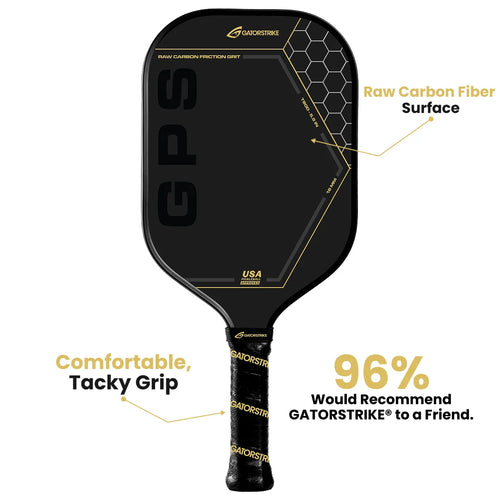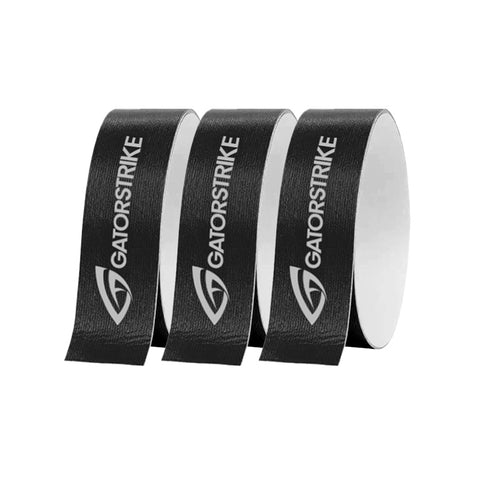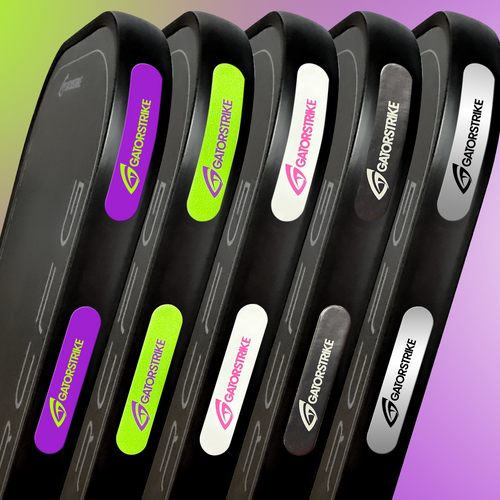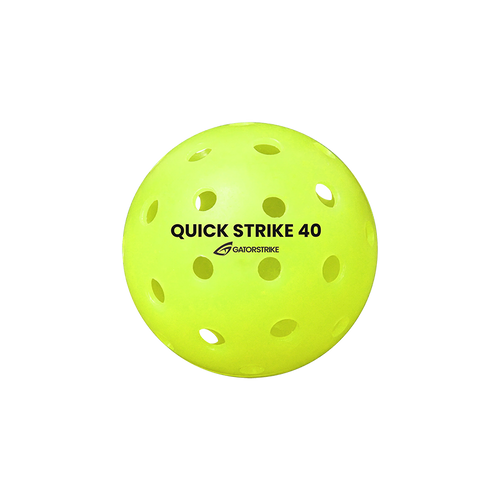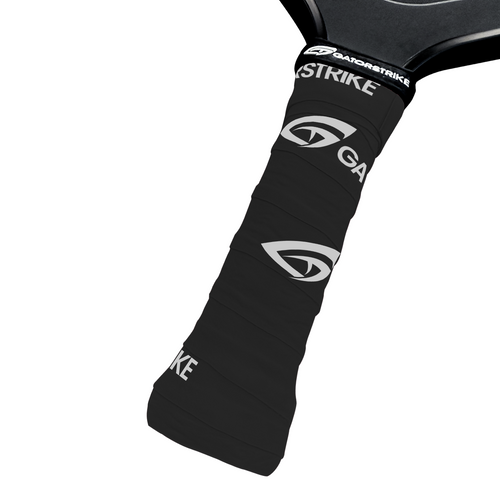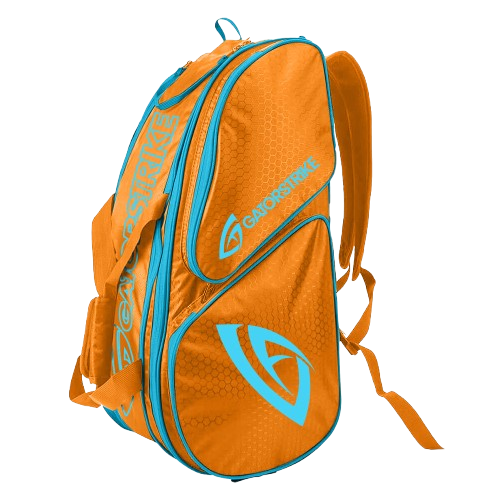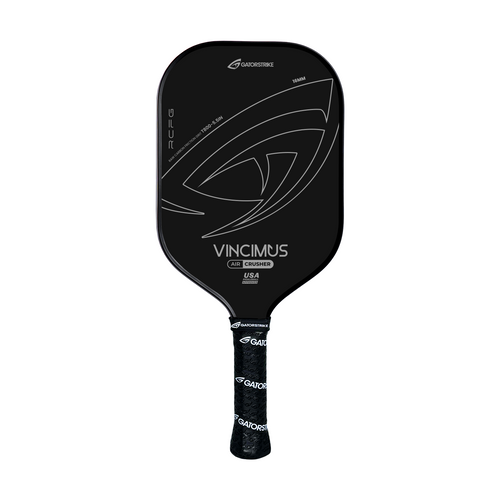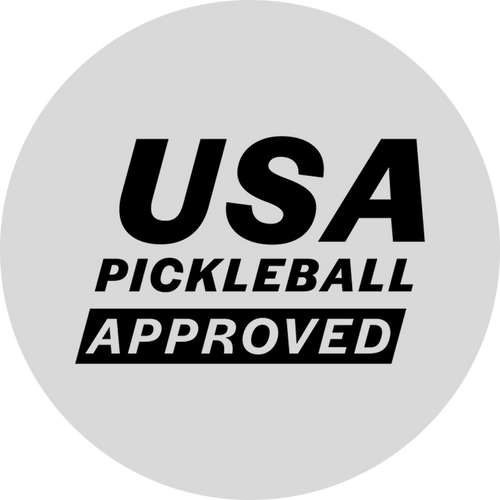
Why Kids Should Play Pickleball: Youth Development Through Sport
Share
Pickleball isn't just a pastime for retirees or a trending fitness craze—it’s a dynamic, youth-friendly sport with immense developmental potential. While its simple rules and scaled-down court make it accessible, the benefits for children stretch far beyond the baseline. From fostering motor coordination to building confidence and camaraderie, pickleball offers a wholesome, fun-filled route for holistic growth.
Let’s explore why introducing kids to pickleball might just be one of the most valuable parenting (or coaching) moves you can make.
1. Accessibility Meets Instant Enjoyment
One of pickleball’s superpowers is its approachability. The sport’s compact court, lightweight paddle, and slower-moving ball make it incredibly child-friendly, especially for beginners.
Why kids love it:
- The low-barrier entry encourages quick success, which builds self-esteem.
- Games can start almost immediately—there’s minimal downtime or complex instruction.
- Doubles play fosters inclusion and teamwork, especially helpful for shy or less-athletic kids.
Pickleball isn’t just easy to learn—it’s easy to love.
2. Physical Literacy Through Play
Forget monotonous gym routines—pickleball transforms fitness into pure joy. The game develops key facets of physical literacy, the foundational skills needed for lifelong movement.
Key physical benefits:
- Agility and coordination — thanks to short bursts of lateral movement and fast reflexes
- Balance and footwork — honed through court awareness and quick repositioning
- Hand-eye synchronization — critical for paddle control and successful volleys
Better yet, it keeps kids moving without them even realizing they’re exercising—a stealthy win for screen-time combat.
3. Social Intelligence and Emotional IQ
Pickleball’s fast-paced rally exchanges and doubles format make it a hub for social interaction. Whether kids are strategizing with a partner or learning to lose graciously, every match is a microcosm of real-world relationship building.
Emotional and social lessons:
- How to communicate effectively (on and off the court)
- Coping with setbacks and learning resilience
- Celebrating victories without arrogance
These are not just “soft skills”—they’re life skills.
4. Character Building in Motion
Sport often mirrors life, and pickleball is no exception. The rules of the game, especially surrounding etiquette and sportsmanship, naturally nurture character development.
Kids learn:
- The value of respect—for opponents, referees, and teammates
- The principle of fair play, including calling their own faults
- The importance of discipline, both in practice and performance
Add a few spirited matches and the occasional line call debate, and you’ve got a classroom in sneakers.
5. A Safe and Inclusive Environment
Unlike high-contact or highly competitive sports, pickleball offers a more inclusive arena. Kids of varying athletic levels can compete side by side, and mixed-age or mixed-skill pairings are common.
Why this matters:
- Reduces the pressure of early specialization
- Encourages a growth mindset over comparison
- Creates a welcoming space for kids who don’t thrive in traditional team sports
Plus, with community centers, schools, and local clubs embracing youth pickleball programs, access is steadily expanding.
6. The Launchpad for Lifelong Activity
Perhaps the greatest gift of youth pickleball? It’s a sport they can stick with. Unlike soccer or gymnastics, which may taper off after school years, pickleball is a rare activity that can be enjoyed well into adulthood.
Starting young means:
- Developing solid fundamentals early
- Cultivating a love for movement and sport
- Staying active, socially connected, and healthy for decades to come
You're not just giving a child a hobby—you're gifting them a lifestyle.
Conclusion: Big Wins in a Small Court
Pickleball is more than a game—it’s a platform for youth development, character education, and joyful movement. Whether your child is an aspiring athlete or simply looking for a fun way to stay active and make friends, pickleball provides a vibrant, low-pressure environment to thrive.
So grab a kid-sized paddle, step onto the court, and let the rally begin. Their pickleball journey might start with a giggle—but it could lead to a lifetime of growth.
Game on, little champions. The court awaits.
